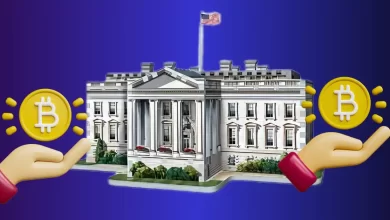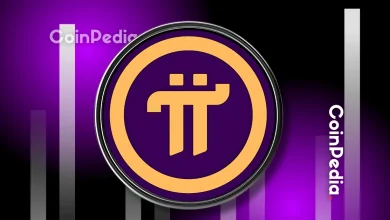
The SEC confirms the Ripple lawsuit is in the appeals phase, contradicting prior indications that appeals were settled.
An external party's "decisive evidence" filing was rejected by the SEC due to the case's appellate status.
The discrepancy between the SEC's and Ripple's claims about the appeal's status creates further uncertainty in the high-stakes crypto case.
The long-running XRP lawsuit has taken another unexpected turn—one that’s even left legal experts scratching their heads. The U.S. Securities and Exchange Commission (SEC) has now confirmed that the Ripple case is fully in the appeal phase. In a letter to Judge Analisa Torres, the agency urged the court to reject an emergency filing from Justin Keener—a third party previously sued by the SEC—who claimed to have “decisive evidence” that could impact the case.
SEC Says Court Has No Power to Act
According to the SEC, Keener’s request is improper because the district court no longer has the authority to act on the case. The lawsuit is currently under review by the Second Circuit Court of Appeals, meaning it’s out of the district court’s hands.
However, this triggered fresh confusion after crypto lawyer Bill Morgan pointed out a contradiction in what’s being said about the case’s current status.
The Unexpected Filing That Raised Eyebrows
Justin Keener, who previously faced his own legal battle with the SEC, surprised everyone by submitting a filing in the Ripple case. He claimed to hold key evidence that could influence the outcome. But legal analysts were quick to dismiss it—some even called it “spam.”
Still, the SEC took the time to officially respond, saying the court should deny the filing because the case is still on appeal. That’s where things got murky.
Wait—Is the Appeal Still Alive?
The SEC’s response said the court doesn’t have jurisdiction since the appeal is ongoing. But Ripple had previously told the court that both the SEC’s appeal and Ripple’s own cross-appeal had been resolved.
So, who’s right? Either one side is mistaken—or the two parties simply don’t agree on whether the case is actually over. Bill Morgan called this contradiction “odd,” and it’s only adding more confusion to an already complex situation.
XRP community members are now speculating that something major could be happening behind the scenes. One user, Danny, pointed to the urgency of Keener’s filing as a possible sign that there’s more to this than meets the eye.
Why It Matters
However, this isn’t just a paperwork issue. The XRP lawsuit is a big deal for the entire crypto market. How it ends could shape how U.S. regulators treat other digital assets in the future. With one side saying the legal battle is settled and the other claiming it’s still ongoing, there’s more confusion than clarity at the moment.
Never Miss a Beat in the Crypto World!
Stay ahead with breaking news, expert analysis, and real-time updates on the latest trends in Bitcoin, altcoins, DeFi, NFTs, and more.
FAQs
Yes, the SEC confirmed the case is still under appeal with the Second Circuit Court, contradicting earlier reports of a settlement.
The SEC denied an outside emergency filing, saying the case is in active appeal and outside the district court’s jurisdiction.








